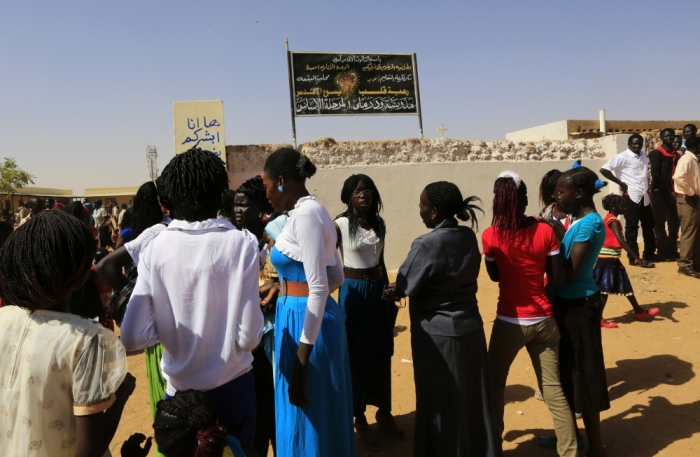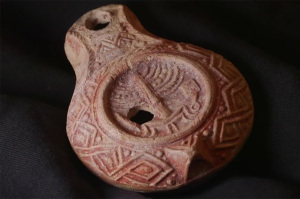Christian Woman Forced to Strip Naked for 'Immoral Dress' Will Be Imprisoned If She Can't Pay Fine Levied by Sudanese Court

A Sudanese court has ruled that a young Christian woman must pay a fine or serve a one month jail sentence after she and 11 other girls were accused of violating Shariah law by wearing trousers and skirts while walking home from a church function in the nation's capital of Khartoum.
According to Sudan Tribune, only one of the 12 Christian girls who were arrested on their way home from a church service at El Izba Baptist Church in Khartoum on June 25 was ordered to pay a fine of 500 Sudan pounds, which is the equivalent to about $83. The judged stated that if she was unable to pay the fine she would be imprisoned for one month.
As previously reported, the women were stopped by police on their way home, arrested and taken to the local police station where two of them were freed without charge, while the other 10 were forced by officers to strip out of their clothes. The officers claimed they needed the women to strip so that they could inspect the clothes to determine if they were in violation with the law, an explanation that many believe is "hypocritical."
The 10 young women and girls, three of whom are reportedly younger than 18, were charged as adults for committing "indecent and immoral acts."
The judge's guilty ruling in the case of the first defendant came quickly after he asked the first defense witness, pastor Felmon Hassan of El Izba Baptist, whether or not the girls' dress showed off their arms.
Hassan argued that the clothes the girls were wearing that day are not considered immoral dress in the Christian culture. The second defense witness, Zaineb Badr el-Din, told the court that the clothes the girls were wearing are even considered normal dress in Khartoum. The third defense witness, Hala Abdallah, said the women's clothes were not objectionable at all.
Leading up to the trial advocates for the women asserted that Sudan's dress code is very vague and needs to be better defined. Additionally, many human rights groups have stated that Sudan's immoral dress law is only applied arbitrarily.
"In fact, the attorneys who represented them said that there is a broad scope to define what constitutes indecent or immoral dress, and basically it is whatever Khartoum wants it to be at the moment," Faith McDonnell, director of religious liberty programs at the U.S.-based Institute on Religion & Democracy, told The Christian Post.
Although Sudan's constitution states that Shariah-based laws, like the immoral dress law, are not supposed to be enforced on Christians, the judge found enough evidence to convict the defendant.
"But as Christians, they are supposed to, under the constitution, have a right to dress the way they want and not according to Shariah," McDonnell explained. "Shariah is not supposed to apply to the Christians, but more and more it is being used against them. Some were wearing skirts, so I don't know what they consider immoral."
The fine levied on the Christian woman for immoral dress is not the only judicial grievance Sudanese Christians have had in the last week.
Last Thursday, a court in Khartoum ruled that there is enough evidence to charge two South Sudanese Presbyterian pastors with espionage and six other charges that could potentially land the men on death row if their lawyer is unable to prove their innocence. Supporters of the pastors have labeled the charges "trumped-up" and have called for the pastors' immediate release.
McDonnell added that she thinks the arrest of the 12 women, along with the imprisonment and serious espionage charges against the two pastors, is part of a larger effort by the Sudanese government to force Christians to leave the country.
"People need to know that these issues are taking place. And ever since the split of the country, the Islamic Republic of Sudan government under [President Omar] al-Bashir promised that they were going to get rid of Christianity in Sudan; that there was no place for it, that it was going to be a Shariah state," McDonnell said. "So, little by little, they have been doing these things and sometimes not even little by little, in big ways.
"The more they do [ this, and see that] there is not any kind of backlash from the world community and from Christians around the world or from the U.S. government, then the more they think that they can get away with this," she added.





























